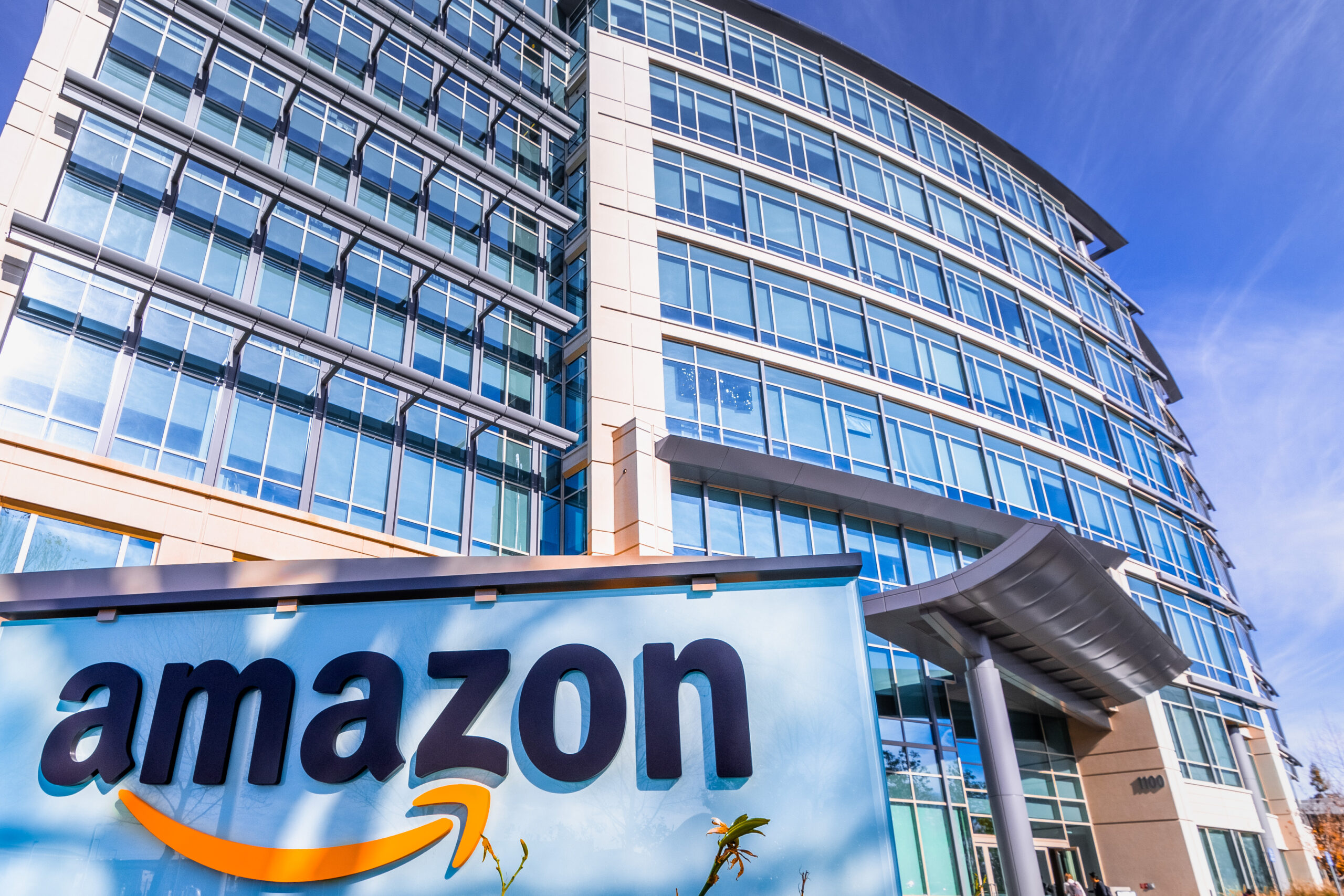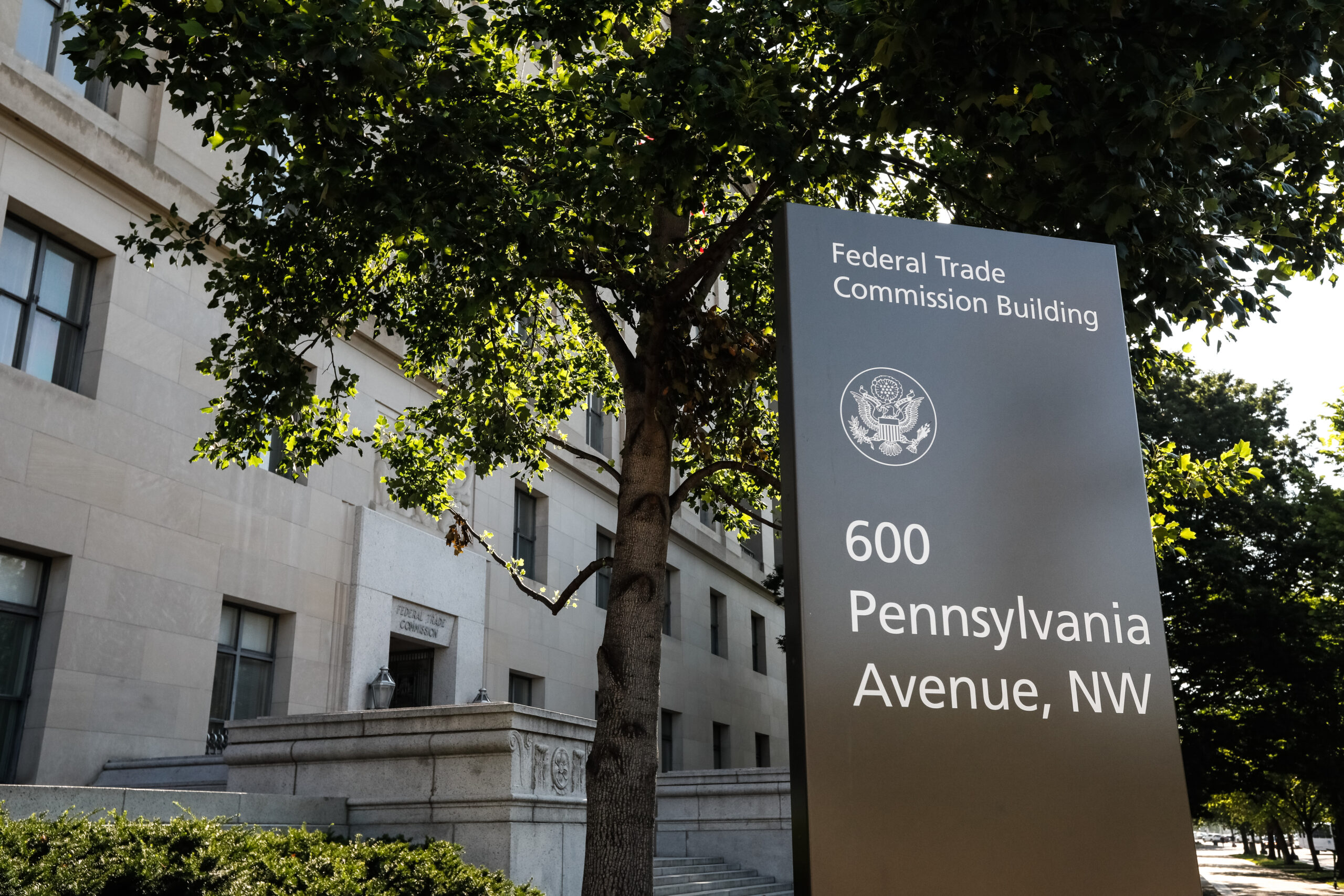MMA and Reducing Legal Uncertainty
Amid uncertainty about the prospects of the proposed Music Modernization Act (MMA), reports of possible expansions to the business model of music streaming service Spotify drew attention yesterday. MMA has been widely lauded as consensus legislation that brought together various stakeholders in the music ecosystem to resolve uncertainties that have led to litigation disputes over music licensing between digital music services and music publishers.
In another attempt to increase business certainty and reduce persistent litigation exposure, Spotify may be moving into a new market. This has led to some anxiety from those who have historically occupied these roles, echoing themes that may be familiar to DisCo readers.
The New York Times reports that Spotify has been experimenting with direct licensing deals with independent artists who are not signed to major record labels, which is “making those labels nervous.” According to the article, “the big record companies see the Spotify initiative as a potential threat: a small step that, down the line, could reshape the music business as it has existed since the days of the Victrola.”
The Times adds that Spotify’s previous comments about disintermediating existing “gatekeepers” may be concerning to incumbent middlemen, putting “Spotify in an awkward position between investors, who are rooting for disruptions that could lead to profits, and music business executives, who would like the streaming service to stay in its lane.”
Beyond familiar themes of disruptive competition, this news also invokes the importance of passing the MMA. If firms can only achieve legal certainty by entering a different business, that demonstrates flaws in the existing copyright system.








